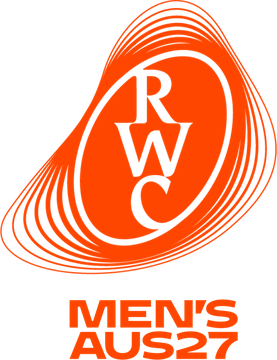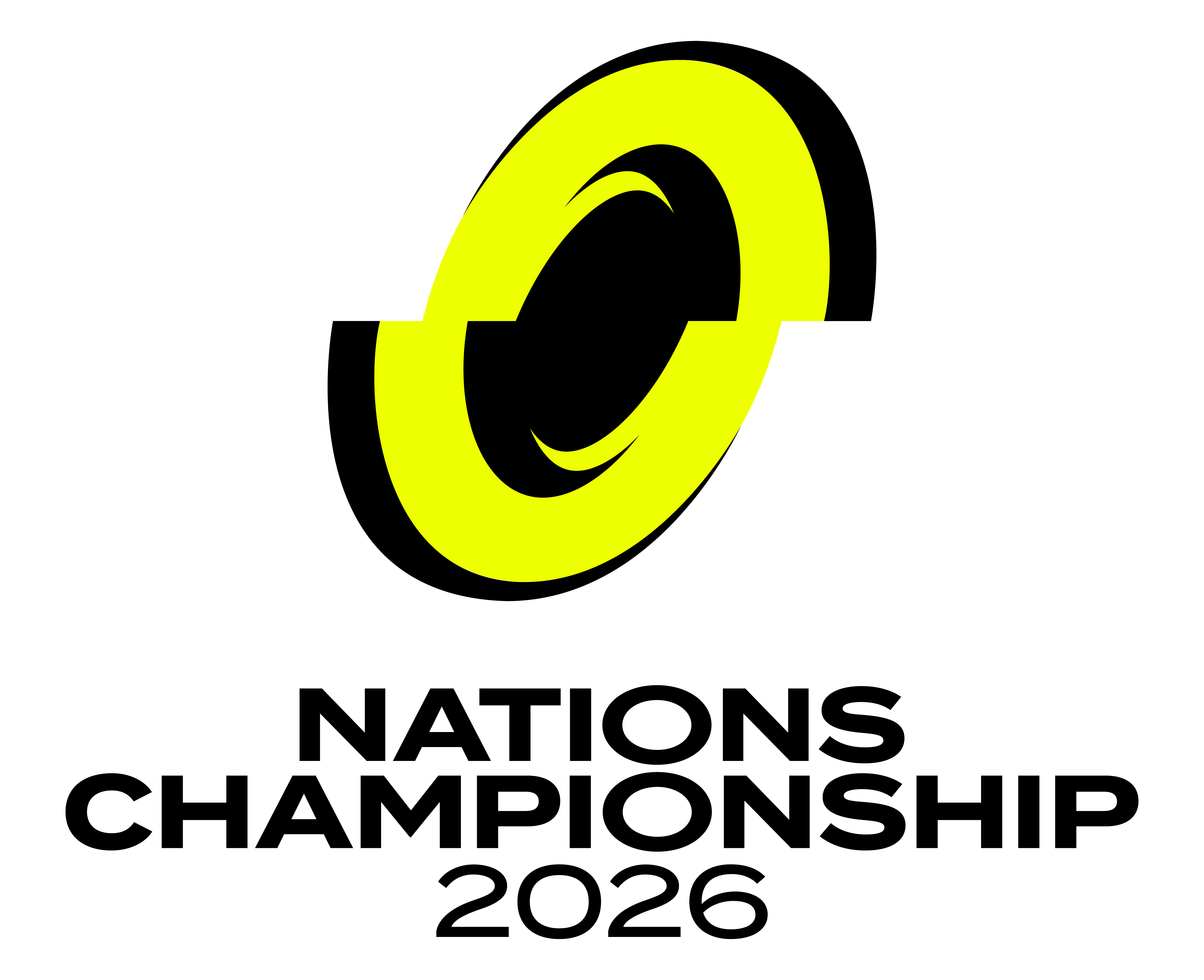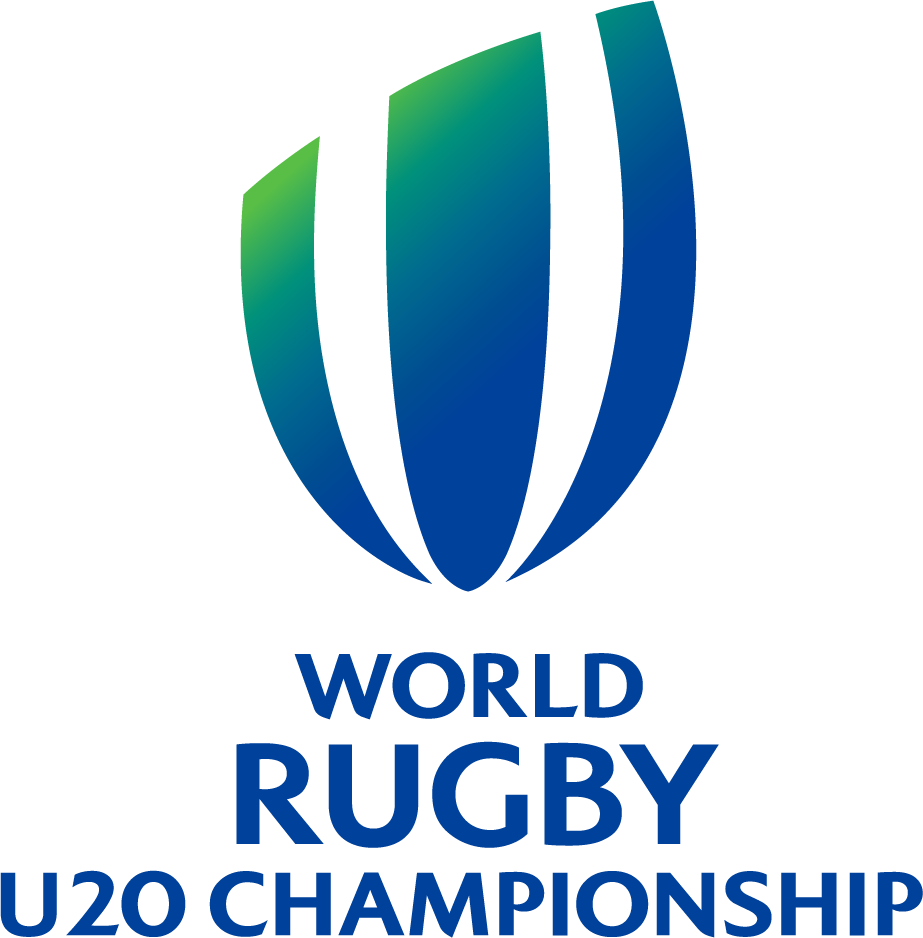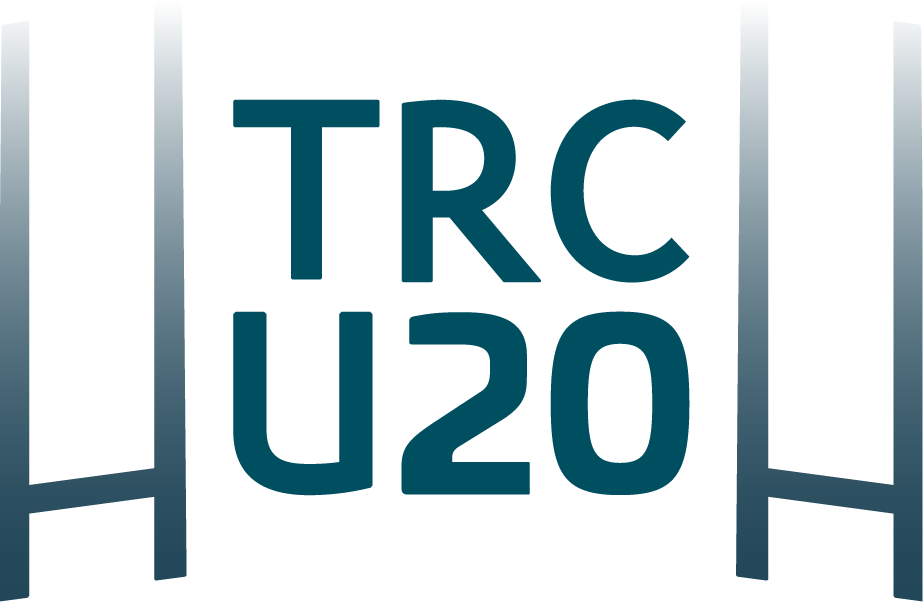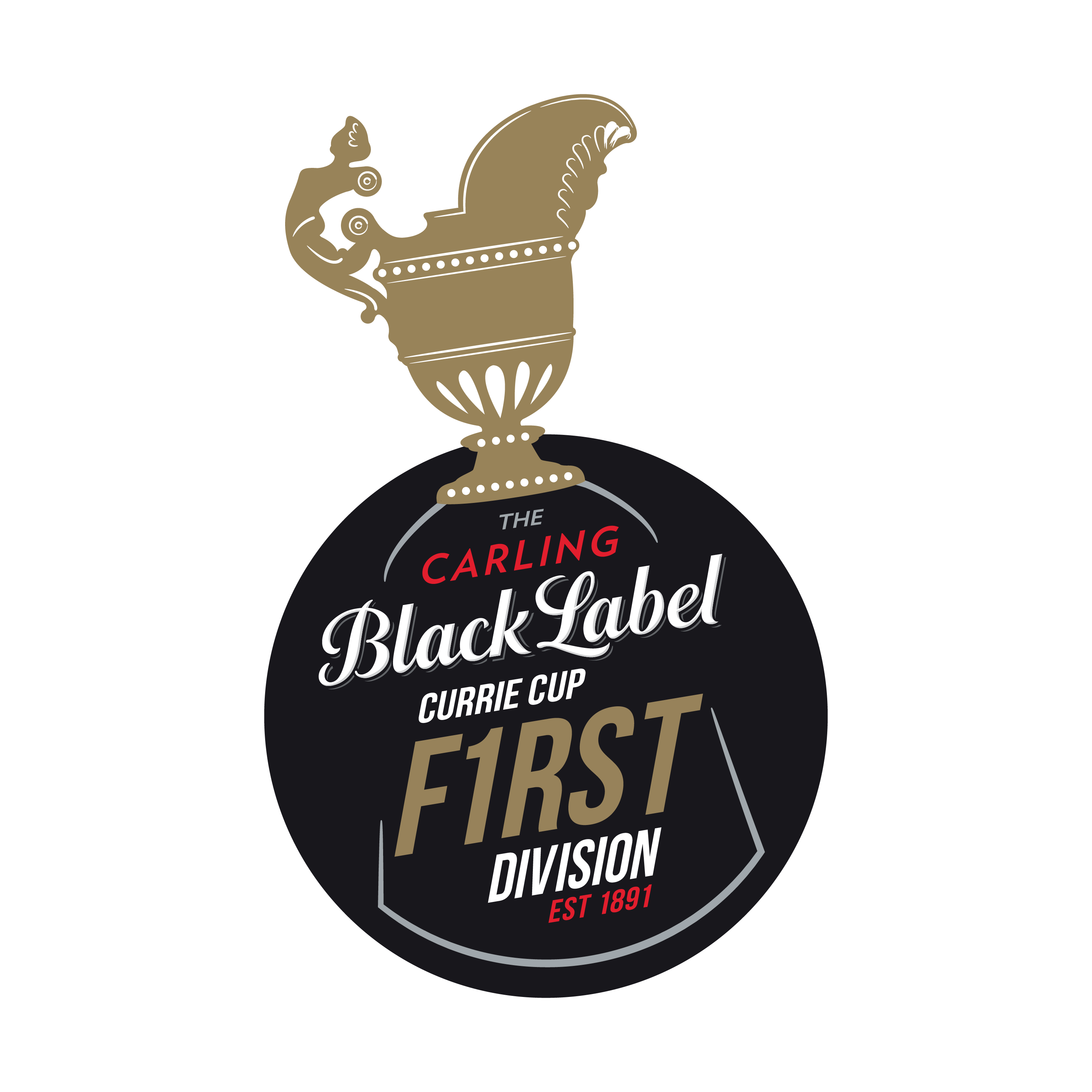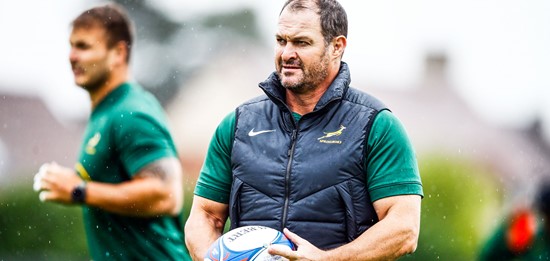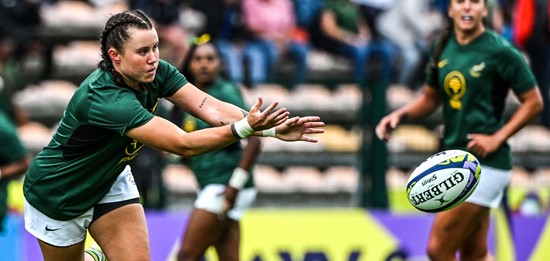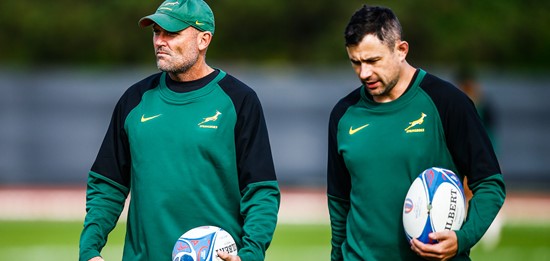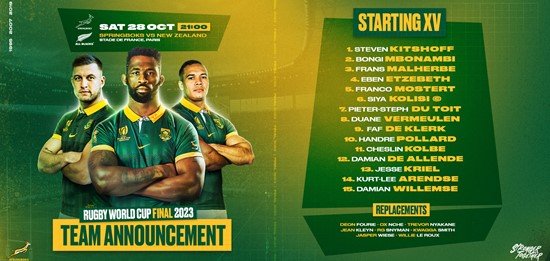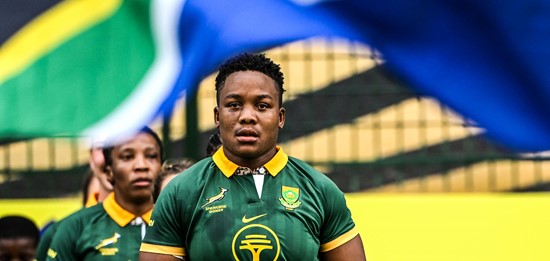The men’s Rugby World Cup 2027 in Australia will feature 24 teams after the Council approved a reimagination of the competition format, window and timing.
Reflecting World Rugby’s mission to increase the global competitiveness, reach, impact and value of international rugby, the 11th edition of the men’s pinnacle event will see the world’s top teams compete for the right to lift the Webb Ellis Cup across six weeks from 1 October to 13 November 2027.
The new format will feature six pools of four teams, with a round of 16 added prior to the quarter-finals. This will enable the tournament window to be reduced from seven to six weeks, while promoting a rhythm that builds momentum across the pool phase and respects the same minimum number of rest days between matches as at France 2023.
Details of the qualification process for RWC 2027 will be determined following a full review of France 2023 and consultation with unions and regions.
The Council also supported World Rugby’s desire to undertake the pool draw as late as possible to best reflect global competitiveness. This has been made possible by reform of the hosting model in May 2022, which sees World Rugby take greater control of key decisions and more financial risk.
Council has also approved transformational reform of the global men’s and women’s rugby calendars from 2026, a seminal moment for the sport that marks a new era of opportunity, certainty and growth for the game, a fitting finale to its 200th birthday year.
Reform of Regulation 9 governing international player release has paved the way for the global club and international game to complement each other for the first time with clearly defined windows of release for international duties, as well as enhanced player welfare outcomes in the form of Player Load Guidelines.
Shaped through close collaboration with the players and stakeholders from across the whole sport, including domestic and international competitions, regions, unions, the adjustments have been driven by a game-wide commitment to prioritise player welfare while supporting desired competitiveness increases across performance unions.
In the women’s game, the decision means clearly defined global and regional player release periods for the first time with no domestic competition overlap, opening the way to a harmonious structure that promotes opportunity and growth ahead of an expanded 16-team Rugby World Cup in 2025.
In the men’s game, new competition structures coupled with an increased level of cross-over fixtures between the high performance and performance unions, will deliver long-term certainty of content for the first time, supporting increases in competitiveness, interest and value ahead of a landmark Rugby World Cup in the USA in 2031.
Together, these developments crucially allow for better management of player load and overall welfare in the game, with the development of new Player Load Guidelines and ongoing expert input to oversee the development and evolution of the guidelines working with all stakeholders.
The reform follows extensive consultation with the professional game, including regions, unions, domestic and international competitions, and detailed evaluation of the playing, commercial and fan landscape. Implementation of the agreed package will continue to involve dialogue with all parties.
Finally, World Rugby confirmed that a new annual men’s 15s competition involving Canada, Fiji, Japan, Samoa, Tonga and USA will launch in 2024.
Approved by Council, the rebranded Pacific Nations Cup – which will be played in the southern hemisphere release window of August and September – will feature two pools of three teams, a North America/Japan pool and a Pacific Islands pool with each union hosting matches.
A finals series involving all teams will take place each year, where the annual champions will be confirmed. Japan and USA will host the finals series in alternate years, starting with Japan in 2024.







